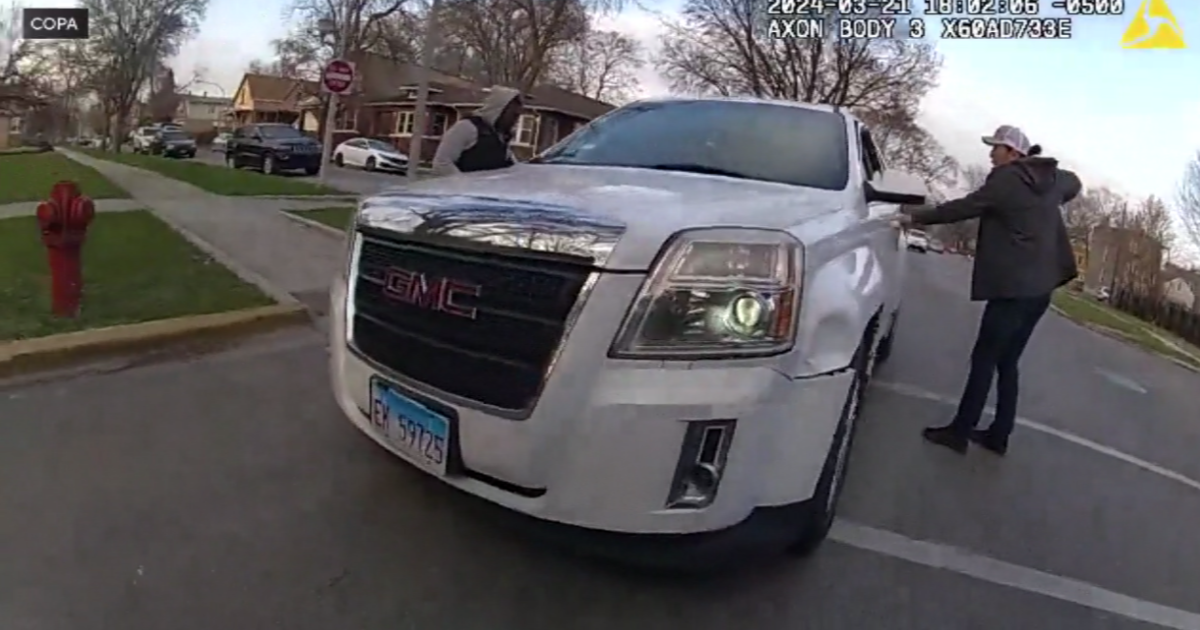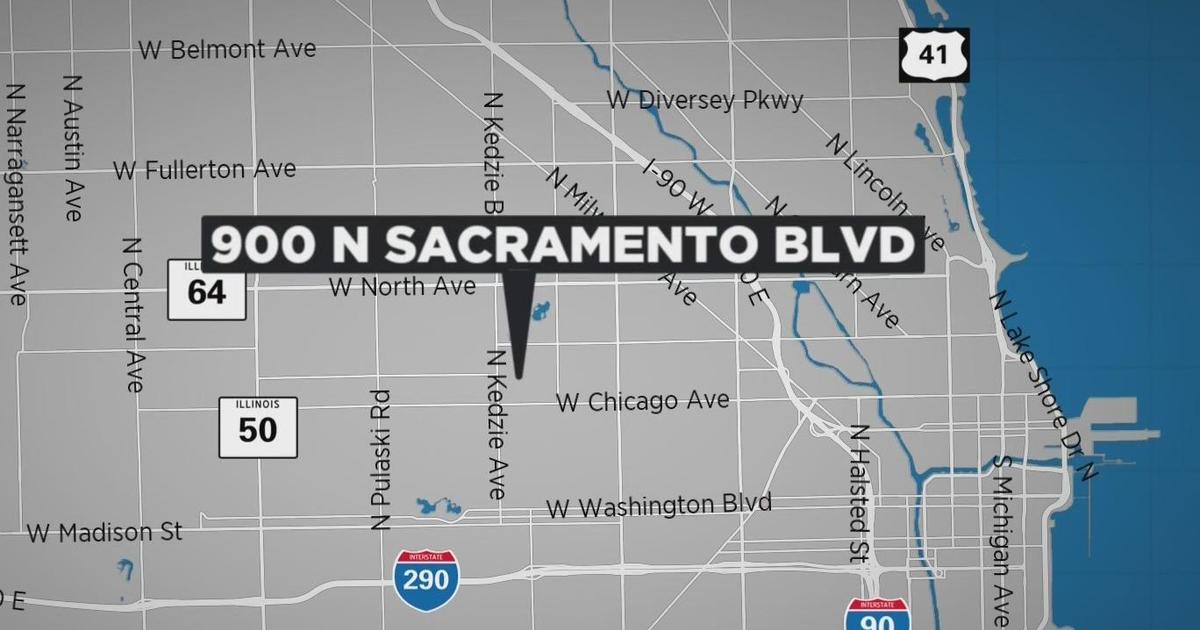Gov. Pritzker calls for change in guidelines for who can be deemed 'Clear and Present Danger,' denied FOID in wake of Highland Park massacre
CHICAGO (CBS) -- Gov. JB Pritzker is pushing the Illinois State Police to change their policy regarding who can get a Firearm Owners Identification Card.
The policy change would affect Clear and Present Danger lists in Illinois. Currently, someone can get put on them for threats deemed imminent or substantial.
The change the governor wants to see would lower the bar to include threats of assault or suicide.
The plan that is in the pipeline - but is not yet approved - comes as questions continue to swirl over how Highland Park parade shooter Bobby Crimo was able to get his Firearm Owners Identification card despite police visits over violent outbursts.
As CBS 2's Chris Tye reported Monday, it has been well-documented that when police came to the shooter's family's home in September 2019, family told police he "stated that he was going to kill everyone."
On this visit, police said they confiscated "16 knives," a "12-inch dagger," and "a 24-inch samurai type blade" from the suspect's closet. A Highland Park police report indicated that the knives belonged to Crimo's father, and they were turned over to him.
The younger Crimo was asked if he felt like harming himself or others and he said no, the report said. Crimo was told to contact police if he needed their assistance, or medical assistance, the report said.
Read the Highland Park police documents
Highland Park police said right at the top of their report to say Crimo was a "Person Determined to Pose a Clear and Present Danger." But Illinois State Police didn't classify him as such – concluding there was not enough evidence to do so.
A Clear and Present Danger restriction requires a preponderance of evidence that a FOID applicant poses a danger – which is a higher burden than probable cause, Illinois State Police Director Brendan Kelly explained earlier this month. State Police said in Crimo's case, both Crimo and his mother disputed the threat of violence and Crimo told police did not feel like hurting himself or others. State Police also noted that the Highland Park police report indicated that the knives belonged to Crimo's father and they were turned over to him.
"As stated by Highland Park Police, there was no probable cause to arrest," state police said in a news release. "Upon review of the report at that time, the reviewing officer concluded there was insufficient information for a Clear and Present Danger determination."
Three months later, the suspect applied for a Firearms Owner ID card - or FOID Card - from Illinois State Police and was approved.
On Monday, Gov. Pritzker pushed the ISP for an emergency rule change that would make approval of that FOID card harder.
"The new rule allows the Illinois State Police to look at the history of Clear and Present Danger records, where previously, they could not look at that history," said Kathleen Sances of the Gun Violence Prevention PAC.
The new policy "allows for the use… of historic clear and present danger information even if the subject was not actively seeking or holding a FOID card at the time a Clear and Present Danger report was made, and allows for use of these reports in possible future evaluations."
Would this have prevented the Highland Park Shooter from accessing a weapon?
"It seems unclear that it would have prevented this particular shooting," Sancs said. "That shooting made it clear that when there are Clear and Present Danger reports, we could do better."
Gov. Pritzker's office said in a news release that since 2013, administrative rules have "unnecessarily limited" the ability of state police to consider Clear and Present Danger information over a period of time.
Currently, for a Clear and Present Danger designation to be approved, administrative rules dictate that it must meet a threshold such as "impending", "imminent", "substantial," or "significant" threats. This is despite the fact that under state law,
Clear and Present Danger is defined more broadly as requiring "physical or verbal behavior, such as violent, suicidal, or assaultive threats, actions, or other behavior."
The proposed new policy would widen the net to include more people as clear and present dangers.
"I think it's a great move forward," Sances said.
This emergency rule change would apply to issuing or revoking FOID cards. It is not on the books yet – the Secretary of State's office needs to review it. It also would not change policy permanently; only for 150 days.
Bu the Governor's office's hope is that the changes would become permanent.




